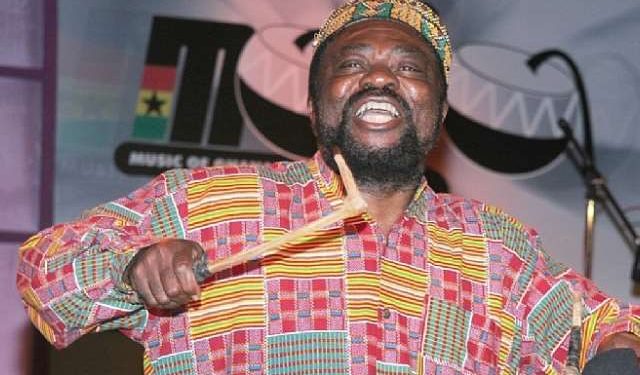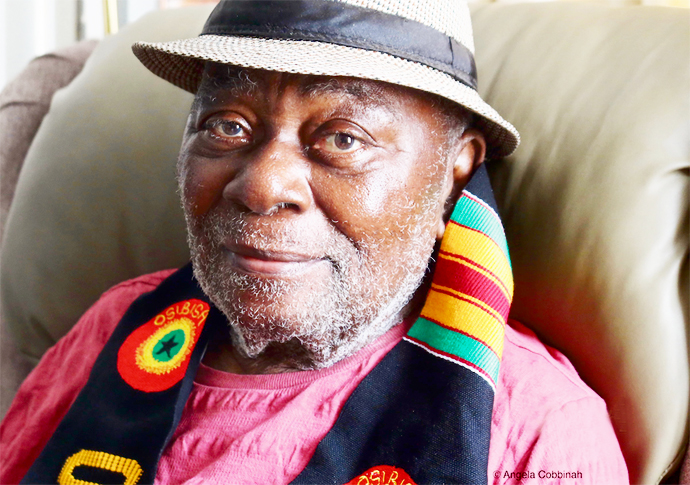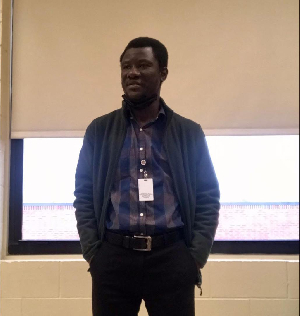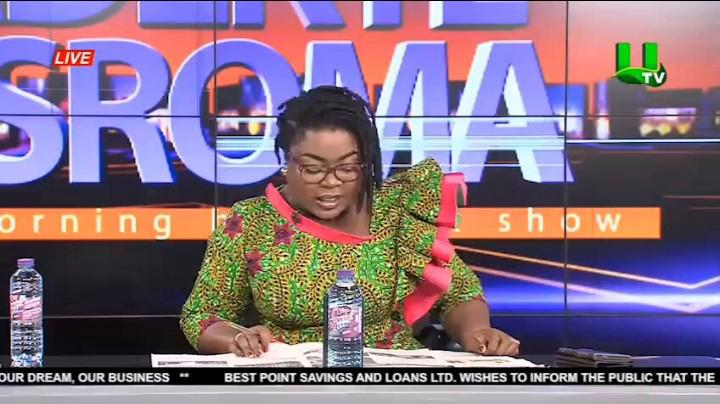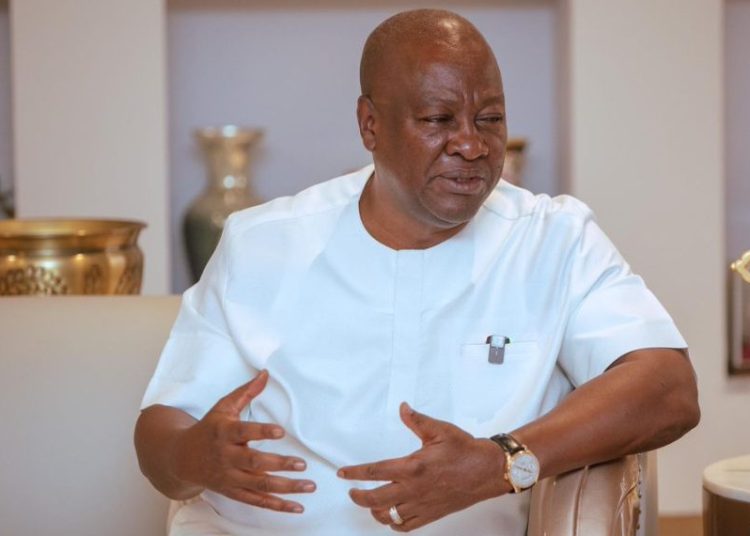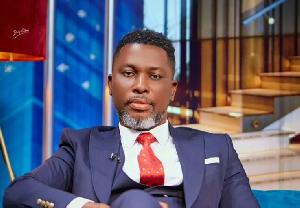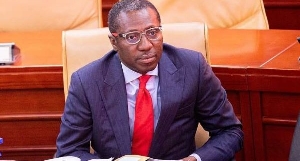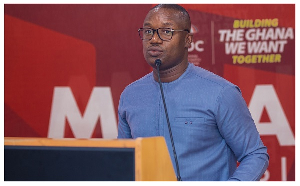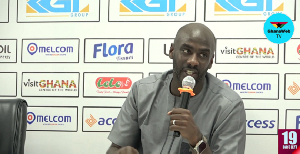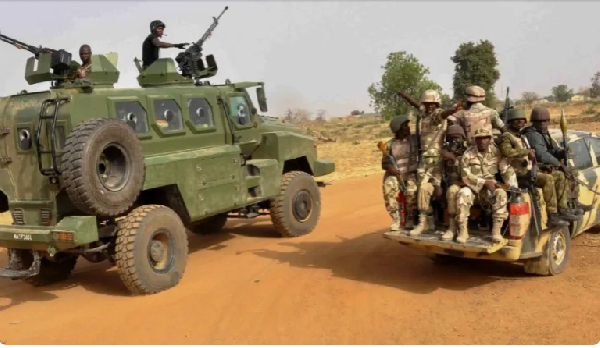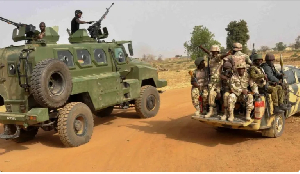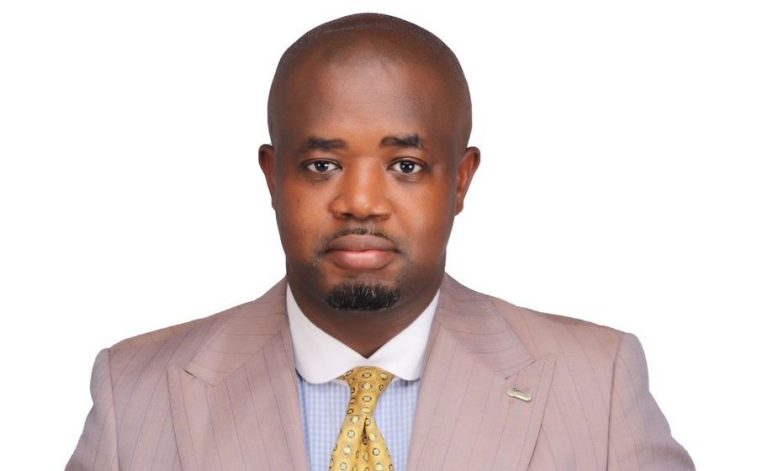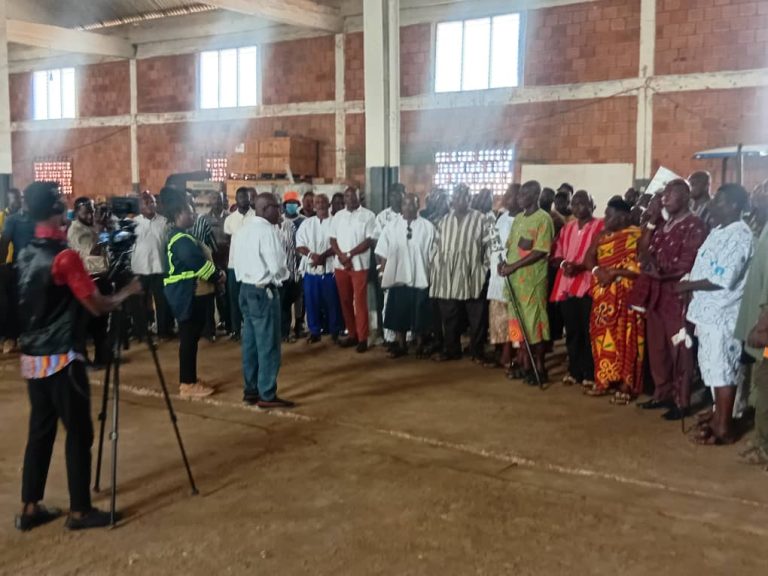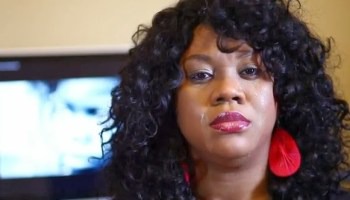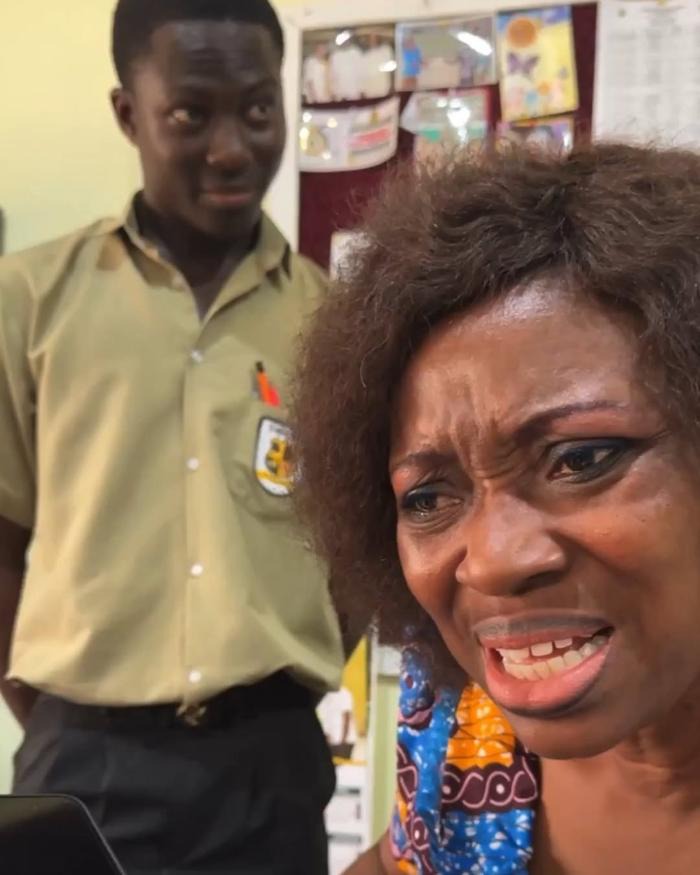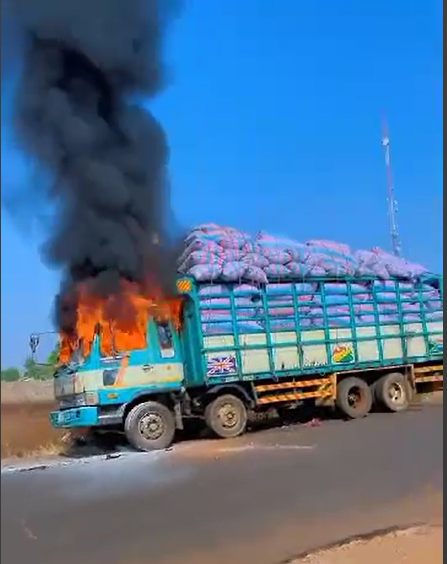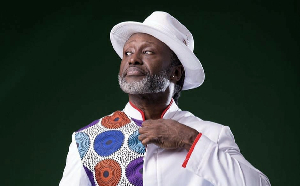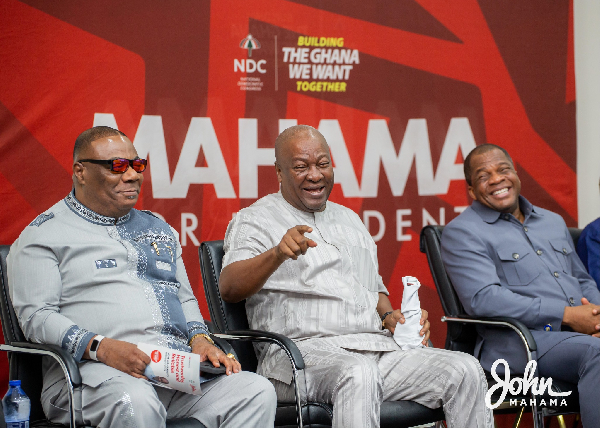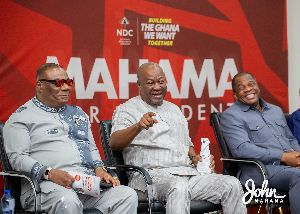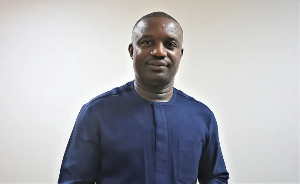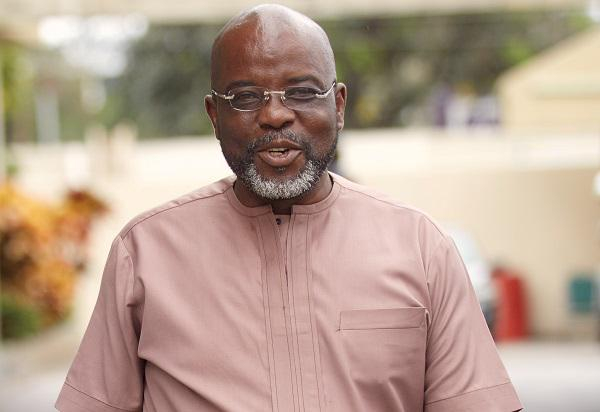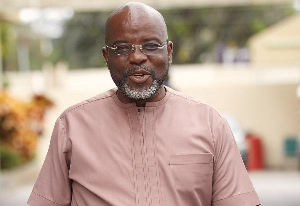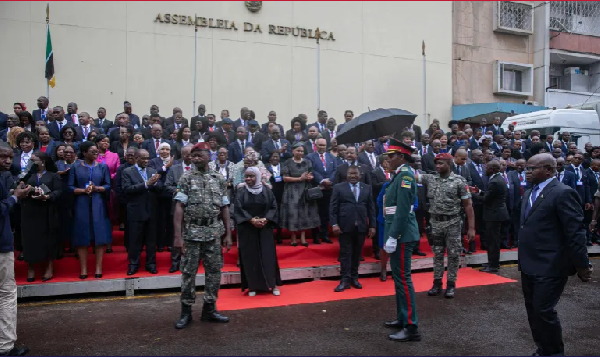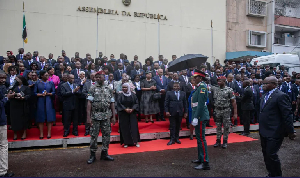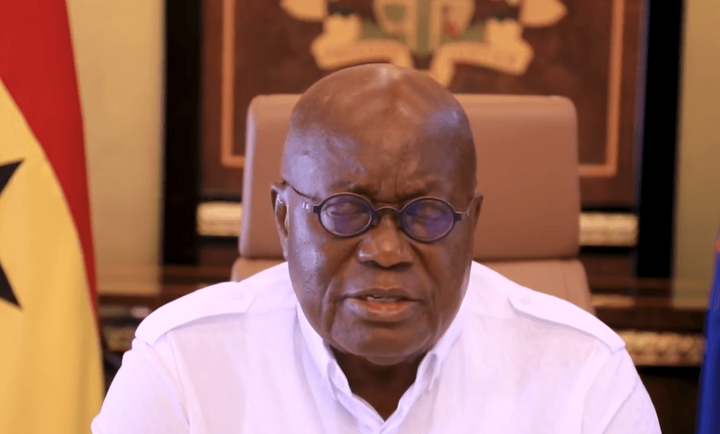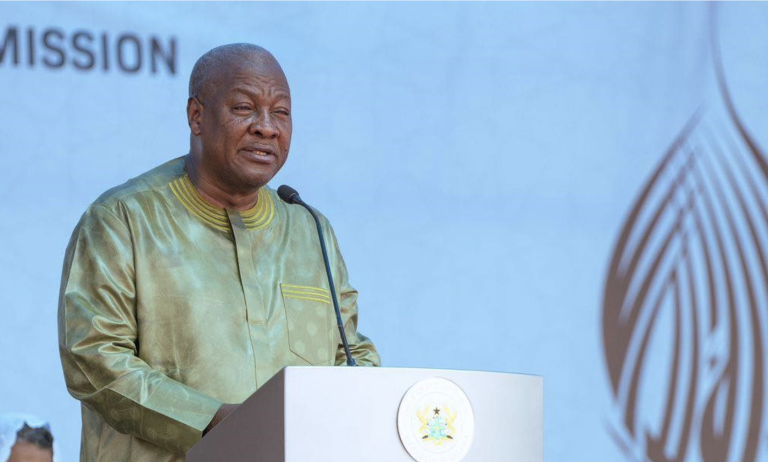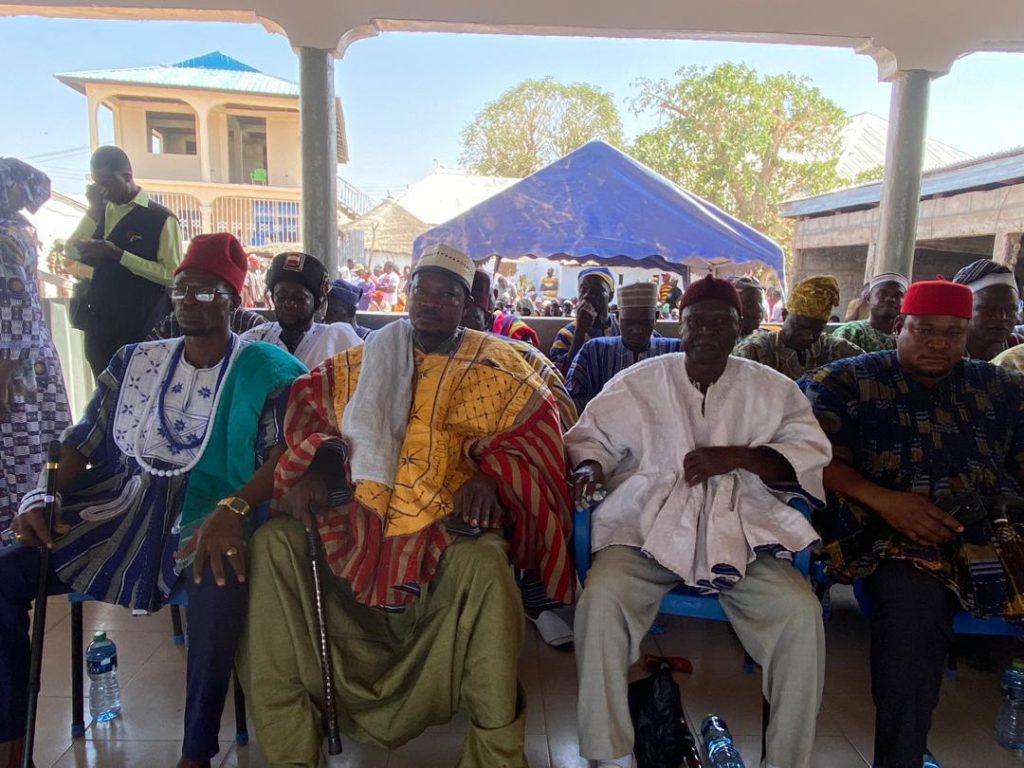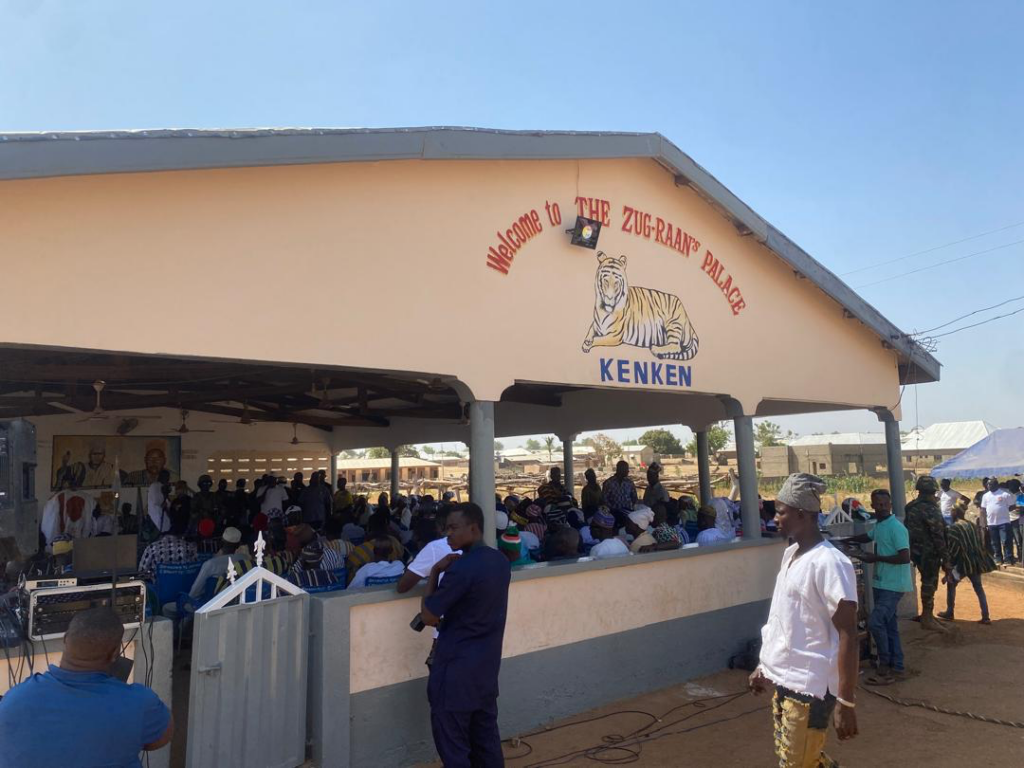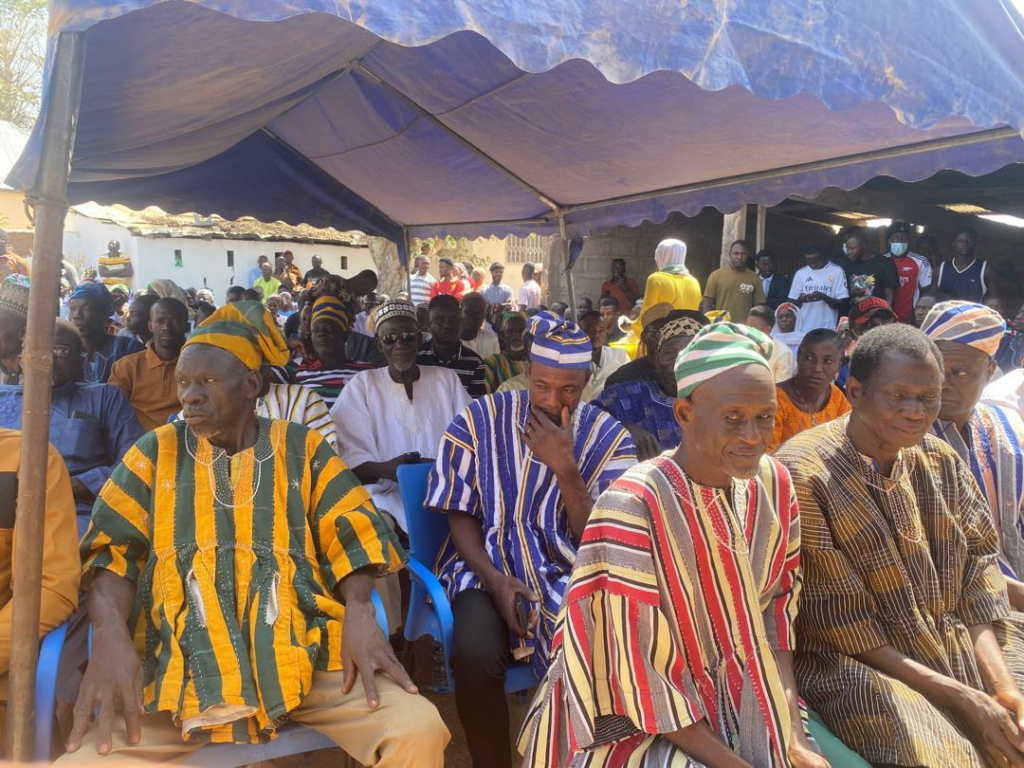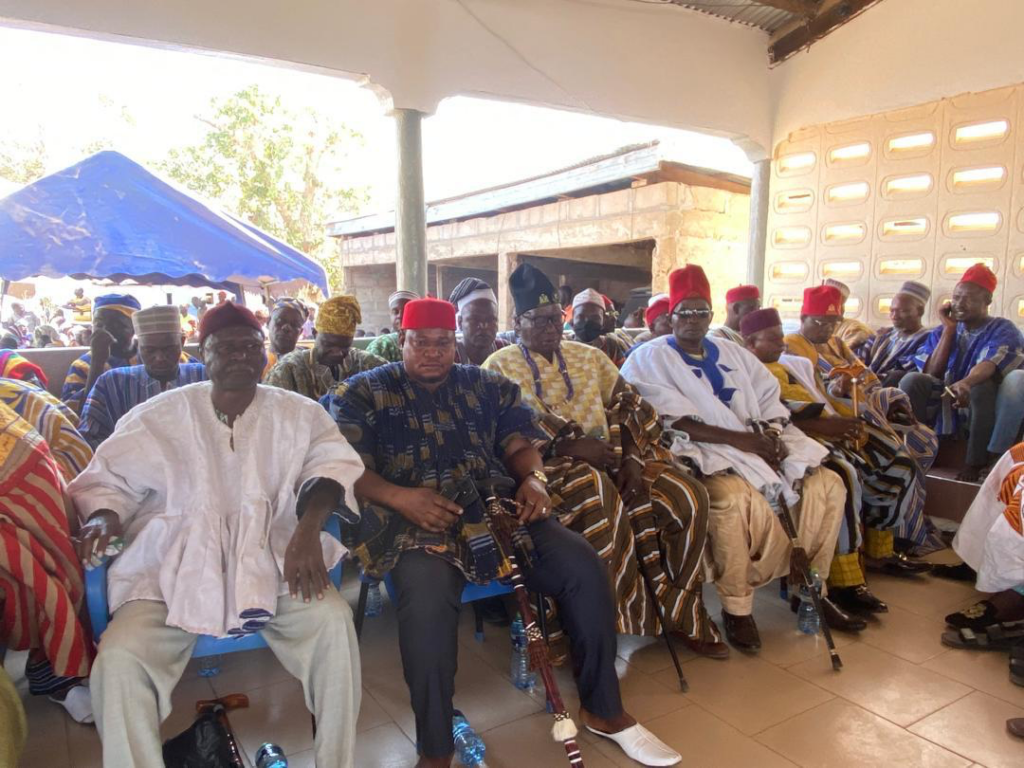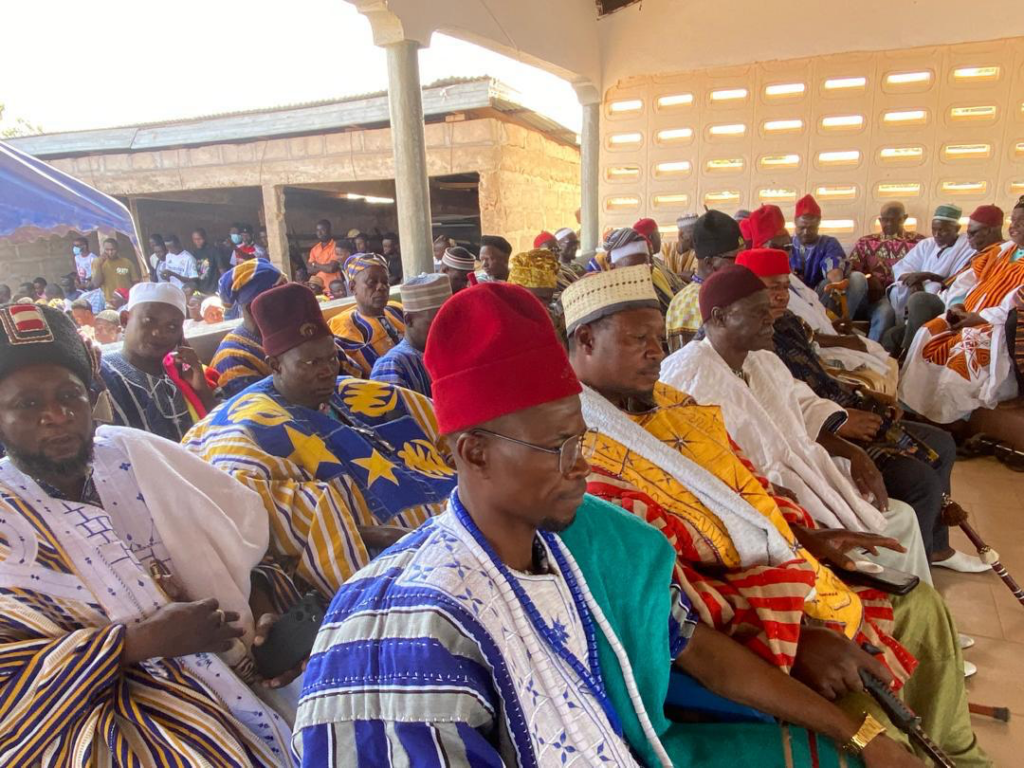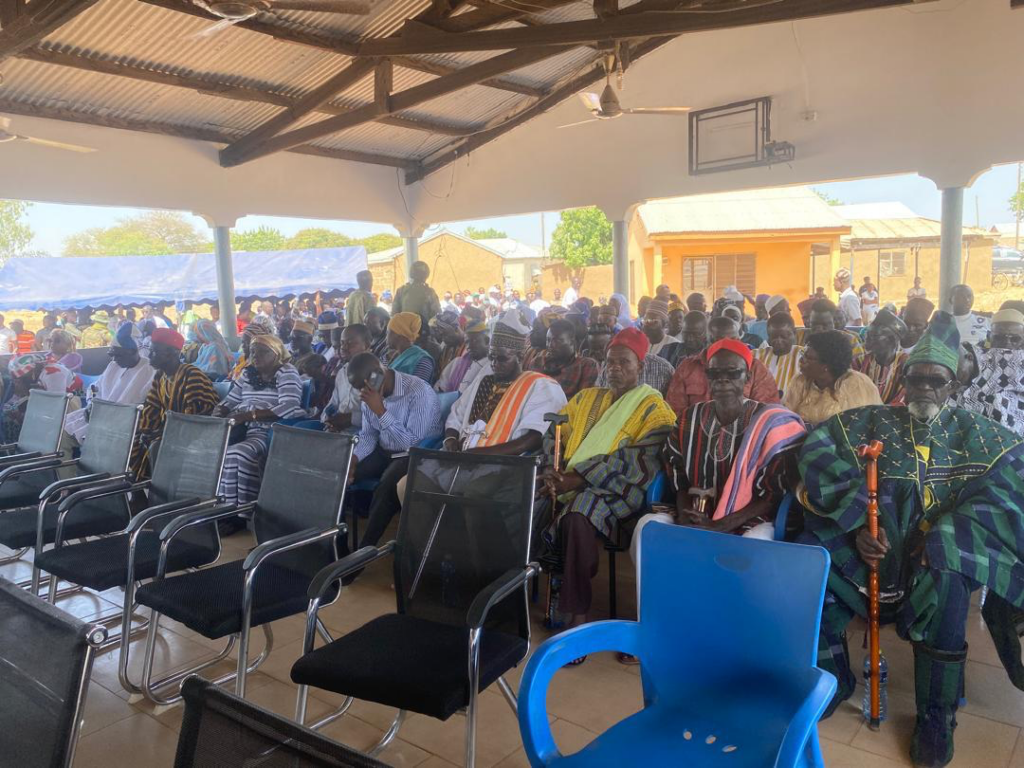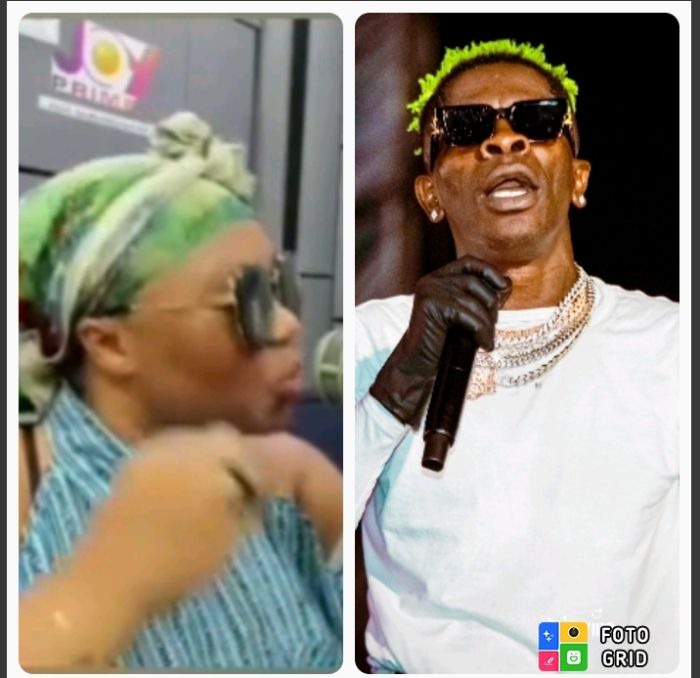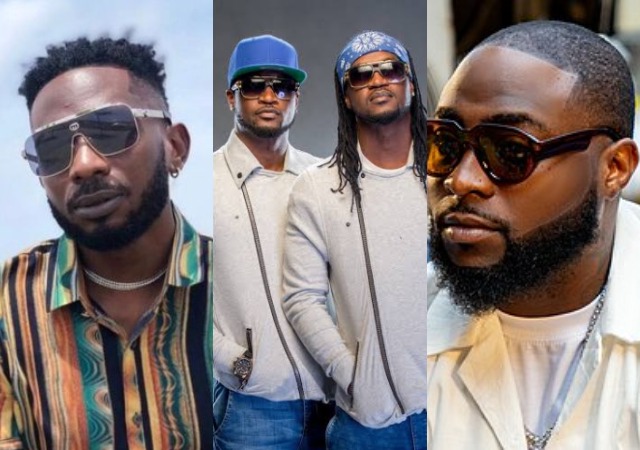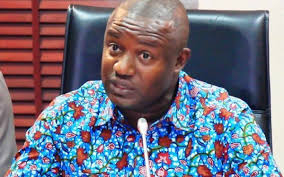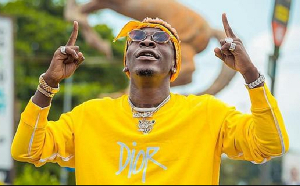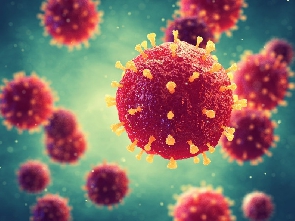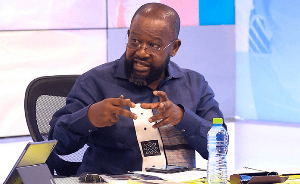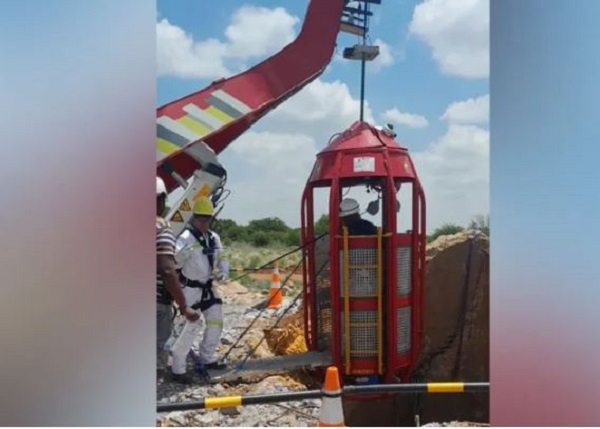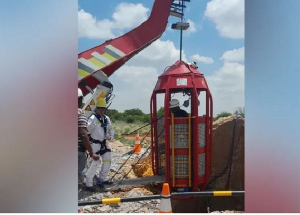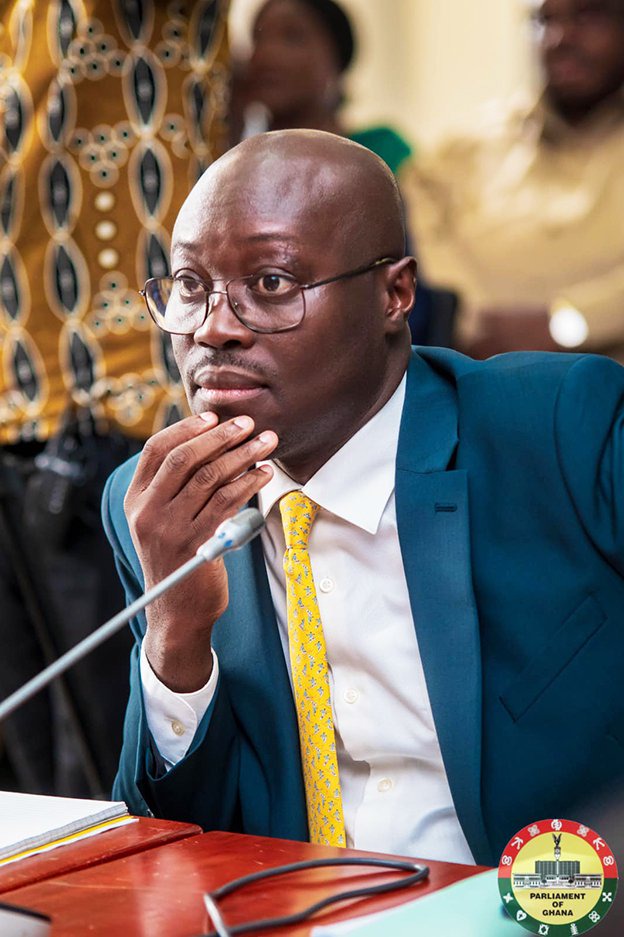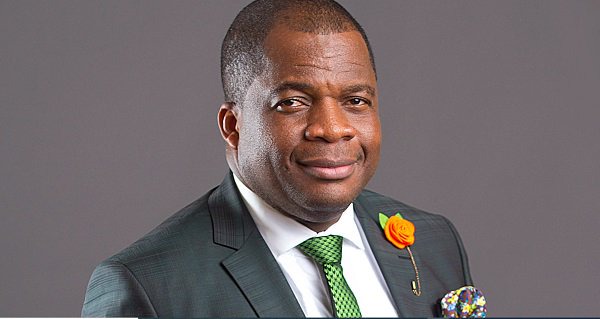GhanaWeb Feature by Benjamin Sackey
President John Dramani Mahama’s promise to scrap the betting tax has been met with vehement criticism from some influential politicians and economists in the country.
Some of these individuals suggest that gambling is a harmful act; hence, taxing it is right to discourage the youth from engaging in it to curtail the menace.
Others believe that maintaining the tax would help the government generate revenue to aid in fixing the ailing Ghanaian economy.
About betting tax
In August 2023, a law imposing a 10% withholding tax on any money won from sports betting became active in Ghana, drawing plenty of concerns from bettors in the country.
The 10% withholding tax on winnings was introduced, effectively replacing the previous 15% value-added tax on betting stakes. In addition to the tax on winnings, Ghana also compelled betting operators to remit a 20% withholding tax on the Gross Gaming Revenue.
What President Mahama said about the removal of betting tax
As part of his tour of the Bono East Region during the 2024 election campaign, then-candidate Mahama reaffirmed his party’s pledge to abolish the controversial betting tax if elected into office.
Speaking to supporters at Nkwabeng in the Nkoranza South Constituency, Mahama emphasized the need for financial discipline among the youth, urging them to make wise use of their winnings from betting.
“We will remove the betting tax. For those who engage in betting, when you win, the government will no longer take a tax from your winnings. If you win, spend your money wisely. Don’t waste it on unnecessary things; use it to improve your life in a meaningful way,” he said.
Personalities who have advised against abolishing the betting tax
Osei Kyei-Mensah-Bonsu
The former Member of Parliament for Suame constituency, Osei Kyei-Mensah-Bonsu, explained that the betting tax is intended to discourage the youth from focusing excessively on betting and to encourage them to engage in activities that will provide a sustainable income.
The former Majority Leader in Parliament questioned why Mahama, as a Christian, would promise to remove the betting tax, knowing that the Bible disapproves of such activities.
“As a Christian, I believe everyone should earn from their work. The Bible is against betting; that’s my understanding. The government imposed the betting tax to discourage people from focusing on betting, similar to taxes on alcoholic drinks and cigarettes to limit their usage.
“If you remove the tax from alcoholic beverages, you are encouraging people to drink more. Is it Mahama’s intention to turn the country into a betting hub by removing the tax? Betting is not a profession, so if you are a Christian and you intend to do this, it’s questionable,” the MP said in Twi on Angel FM.
Franklin Cudjoe
The President of IMANI Africa, Franklin Cudjoe, stated that the betting tax should be revised instead of being scrapped for the government to earn revenue.
“Despite the economic challenges, I do not agree that we should completely remove taxes on the winning cash of betting. He can revise the tax downwards.”
“Some of the boys were complaining, and I understood them because they argue that ‘you are not creating jobs for me as a government, the little joy I get from betting, you tax the joy away.’ Of course, we don’t want that, but I think there has to be a middle ground.”
Cudjoe also criticized President Mahama for not addressing this issue in a more balanced way during the launch of the Youth Manifesto.
“John Mahama should have said, ‘Look, taxes must be implemented to generate revenue for the country; however, the rate will be revised.’ I would have agreed to that, but in terms of doing away with it, that is more political talk,” he stated.
Prof. Stephen Adei
Professor Stephen Adei, a former Rector of the Ghana Institute of Management and Public Administration (GIMPA), admonished President John Mahama not to scrap the betting tax.
While condemning betting and tagging it as evil, he urged the government to increase the tax from 10 to 50 percent and not scrap it.
“Sin taxes like the betting tax must be increased and not scrapped. I will urge them to take it to 50 percent because it is a disastrous habit that ought to be discouraged,”he noted.
Prof. Patrick Asuming
Renowned economist Professor Patrick Asuming entreated President Mahama to maintain the betting tax due to its moral impact.
The economist justified keeping the betting tax, stating it helps regulate behavior among youth involved in betting and discourages them.
“I think, in terms of specific proposals, they have proposed removing the E-levy, COVID levy, and betting tax. If you look at what we are projected to collect from those three in 2025, it will be just around 5% of the revenue.
“Given how much of a nuisance the E-levy has been, removing them wouldn’t be too much of an issue. However, I don’t think we should remove the betting tax. I know young people in this country won’t be happy to hear me say that,” he said while speaking in an interview with Citi FM.
Joe Jackson
Chief Executive Officer of Dalex Finance, Joe Jackson, raised concerns about how the President Mahama administration will generate revenue for development if it removes all the taxes it has promised to abolish.
Jackson highlighted the significant challenges in managing the economy, particularly with the manifesto pledge to remove certain taxes, including the e-levy.
Speaking on TV3, Jackson said, “Let us not be mistaken, in 2025, we have to look at how we are performing in terms of revenue because some of the items are going to go out.
“There has been a manifesto commitment to take out the e-levy, betting tax, the COVID levy. So a lot of issues are going to come out, and I have no doubt in my mind that the challenge is going to be huge. You say you are going to remove tax A, B, C, D. But where is the money going to come from?”
Institute of Community Sustainability
The Institute of Community Sustainability urged President Mahama’s government to increase the betting tax to 50% to curb the alarming rise in betting activities among the youth.
In a statement signed by the Executive Director, Eric Jerry Aidoo, the Institute highlighted how individuals spend excessive amounts of money and time on betting platforms, with some staking nearly 50% of their winnings, only to lose it again.
“The current state of sports betting in Ghana is worrisome. Many young people are spending an inordinate amount of time and money on betting platforms, with some staking 50% of their winnings only to lose it all again. This vicious cycle of betting and losing is not only draining the financial resources of our youth but also eroding their productivity and potential.
“If left unchecked, this betting epidemic could have severe consequences for our society. Desperate individuals may resort to crime, such as robbery, to fund their betting habits. Companies may also suffer as employees squander their salaries on betting, leading to financial losses and decreased productivity.
“Increasing the betting tax to 50% would be a bold step towards addressing this issue. The revenue generated from this tax could be channeled towards establishing rehabilitation centers and providing support services for individuals struggling with betting addiction,” portions of the statement read.
Ato Forson’s stance on the issue:
Despite these calls, Minister-designate for Finance, Dr. Cassiel Ato Forson, has guaranteed that abolishing the betting tax will be one of his first actions in office.
Ato Forson clarified that removing the betting tax will not have a dire impact on the Ghanaian economy, considering the revenue it generates for the government.
“That tax [betting] will not solve the problem because I have read several articles suggesting that it is destroying our youth. To introduce a tax, you must consider the elasticities and whether imposing such a tax will prevent individuals from engaging in betting, but it has not achieved that goal.
“I insist that this tax must be abolished. As Minister of Finance, I will abolish the betting tax in my first budget,” he said.
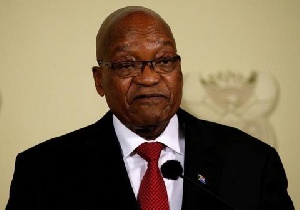 Former President of South Africa, Jacob Zuma
Former President of South Africa, Jacob Zuma

